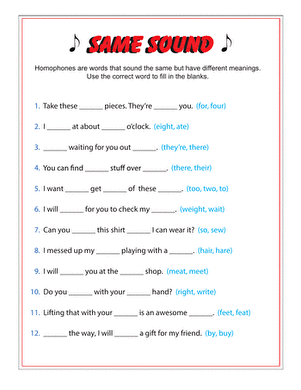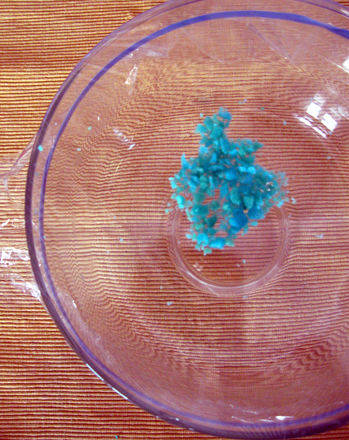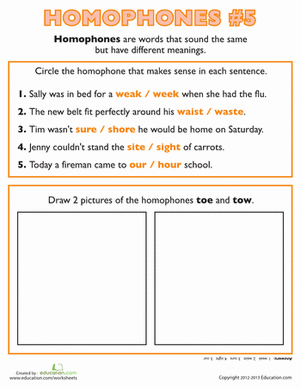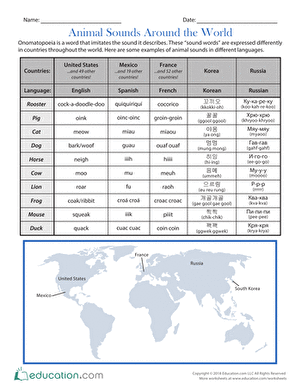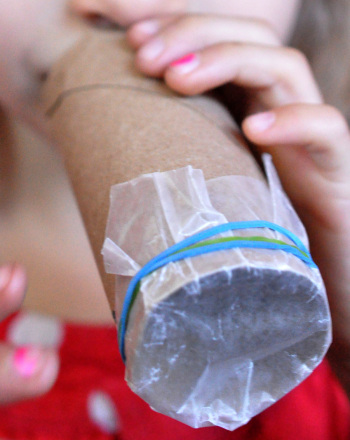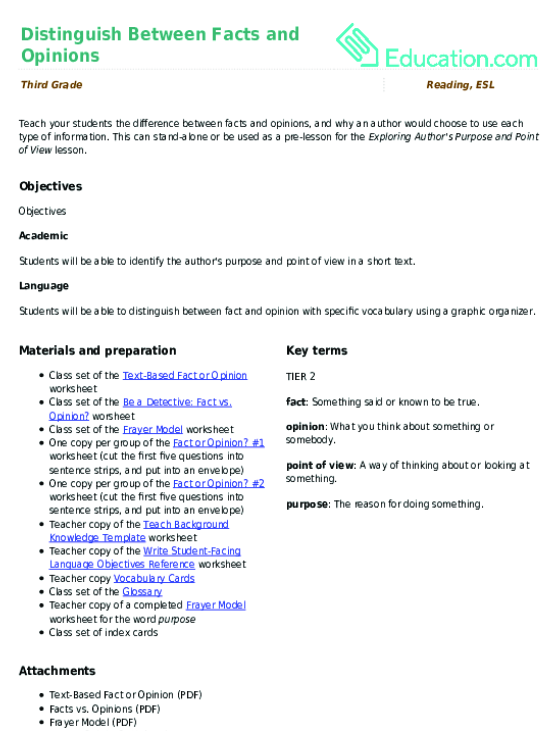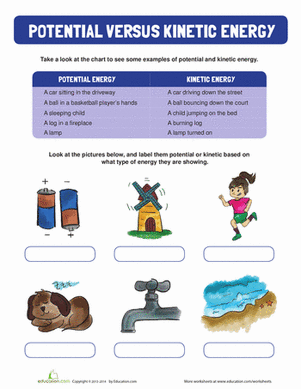Science project
Sound Physics: The Difference Between Sound and Noise
Musical sounds are periodic and somewhat regular. They are pleasing to our ears and minds, and sound has been one of the greatest forms of expression since the beginning of time. Unpleasant sound is often described as noise. Noise is more irregular. When looking at the waveform, a visual representation of sound, music has more patterns and gradual variances in volume, but noise is jagged and sporadic.
What is or is not auditory "noise" often depends on who is listening. Tapping a pencil on a desk may be rhythmic and musical to someone, but an irritating noise to another.
Problem
What is the difference between sound and noise?
Discover any trends in what is considered sound or noise in different groups of people you know. Do older people find more things noisy than kids? What about the other way around? Do women or men find more things noisy?
Materials
- Notebook and pen or pencil
- Computer and printer
Procedure
- Take note of all the different sounds you hear in a day. It can include anything! Examples are typing, car horns, wheels screeching, music, doorbell etc.
- Create a survey on your computer at home. Have the survey taker include his or her age and gender. Each question the survey should list a sound you heard on your day of observation. Have the survey taker classify that sound as a “pleasant sound” or “noise.”
- Organize your data. Are their trends in your responses?
Results
Your results will vary, depending on who you ask!
Why?
Though the classification of something considered musical sound or noise is up to the listener, it is more common that older people will consider more sounds to be "noise." Human hearing deteriorates over the course of a lifetime, and extremely high and low frequencies are lost first. This is why even young adults sometimes cannot hear high pitched buzzing noises. Later in life, hearing of conversational frequencies deteriorates. Because these are in the mid-range of our hearing, losing specific ranges of sound can cause the listener to be more perceptive to smaller-scale irregularities and interpret it as noise.
Education.com provides the Science Fair Project Ideas for informational purposes only. Education.com does not make any guarantee or representation regarding the Science Fair Project Ideas and is not responsible or liable for any loss or damage, directly or indirectly, caused by your use of such information. By accessing the Science Fair Project Ideas, you waive and renounce any claims against Education.com that arise thereof. In addition, your access to Education.com's website and Science Fair Project Ideas is covered by Education.com's Privacy Policy and site Terms of Use, which include limitations on Education.com's liability.
Warning is hereby given that not all Project Ideas are appropriate for all individuals or in all circumstances. Implementation of any Science Project Idea should be undertaken only in appropriate settings and with appropriate parental or other supervision. Reading and following the safety precautions of all materials used in a project is the sole responsibility of each individual. For further information, consult your state's handbook of Science Safety.

